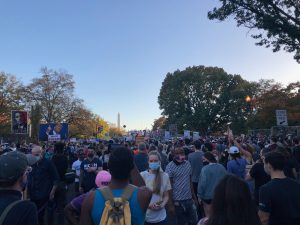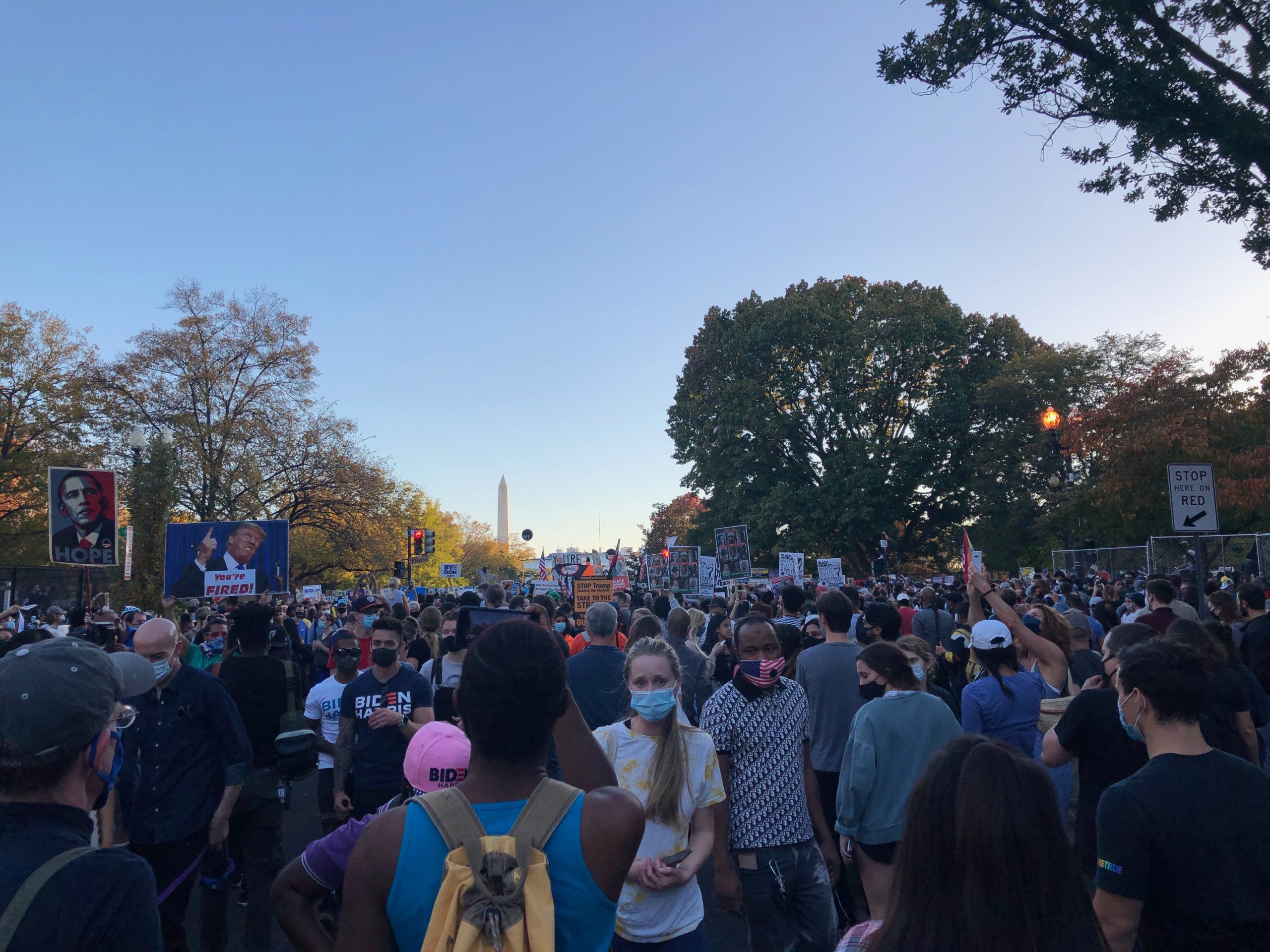After over a year of campaign messages, rallies, debates and exchanges on Twitter, the American people went to the polls on November 3 to choose their president. The process was long and more divisive than almost any in recent memory, but the results are clear. Joe Biden has received more votes than any presidential candidate in history, is leading Donald Trump by over five million votes and has surpassed the threshold of 270 electoral votes to become the president-elect.

In response, Trump has led the charge in contesting vote counts and results in numerous states, including the key swing states of Pennsylvania, Michigan and Wisconsin. Without evidence, he and other top Republicans have claimed that widespread fraud took place and have taken a number of these issues to court, with no legal victories at this point. Fraud was a top concern among election officials even before voting began, given the massive increase in mail-in voting in previously-untested systems nationwide, as well as the anticipated high levels of voter turnout.
During this election cycle, mail-in voting became a highly partisan topic: Republicans discouraged the expansion of the option and Democrats pushed for the opposite, in large part due to the danger posed by the COVID-19 crisis to in-person voting. Despite that difference, something that Democrats and Republicans can agree on is what they need from the top levels of government.
Quinn Wrigley, vice president of Concordia’s Student Government Association, said that one of things she thinks is important as the country moves forward is openness.
“Definitely honesty and transparency are huge,” said Wrigley, a self-identified Republican, when asked about what she hopes to see. “I think it’s super important for our elected officials, and our president-elect and vice president-elect, to just remain transparent in their communication to the whole nation.”
A similar sentiment was shared by David Kelm, a political science major and a Democrat.
“The peaceful transition of democratic power, that’s the key thing, making sure that the seat is conceded with all the information we need,” said Kelm, on what is most important.
With Donald Trump’s comments on potentially refusing to leave office over the past few months, in addition to his comments since the election, concerns about the transfer of power have been growing. Kelm shared his concerns about the potential for a constitutional crisis, stressing the importance of a peaceful transfer.
“I think just nailing that peaceful transition of power is the biggest thing, we’re going to have to see the seat be conceded peacefully,” he said. “That’s a pillar of democracy: forbearance and toleration. I think that that’s the biggest thing.”
Given the hostility of this election cycle, and the last few years in general, partisanship has often been a hindrance to progress. Ultimately, Wrigley emphasized the spirit of community on campus and the encouragement of dialogue moving forward.
“As a Concordia community, regardless of what happens, I think that it’s super important that we bond together to give everybody a voice,” Wrigley said. “We need to acknowledge that diversity is not just visible, it’s invisible as well, and we need to encourage students to feel comfortable sharing their beliefs.”

